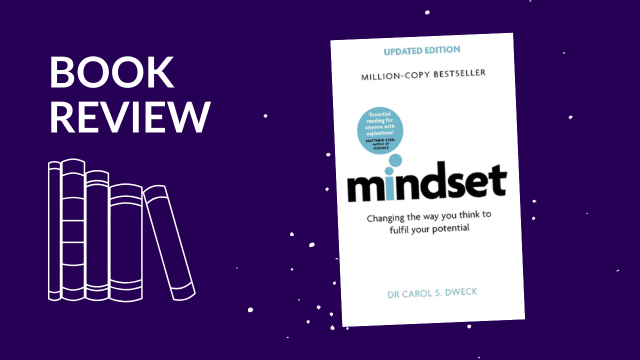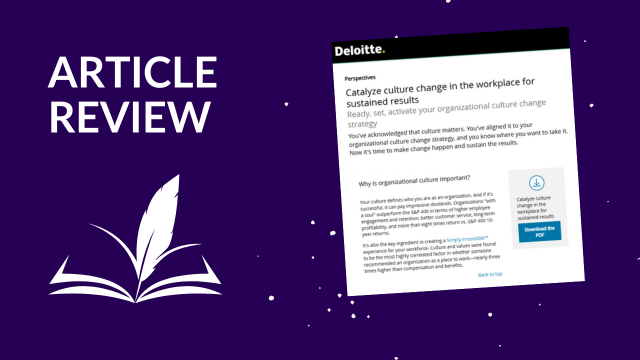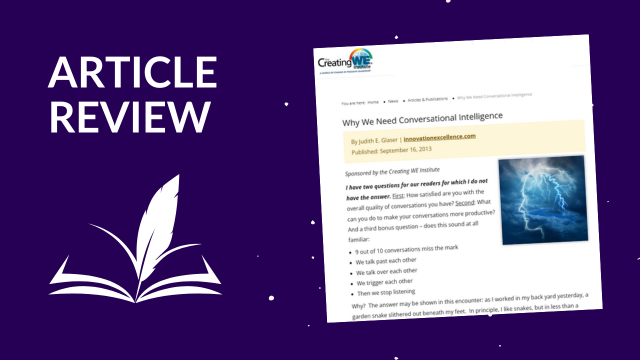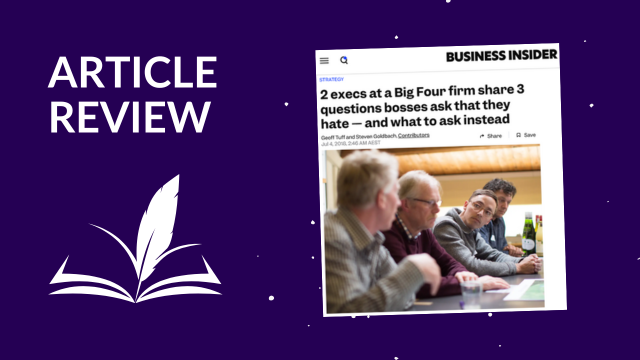As change practitioners we are constantly applying our skills to shape the future. For most of us, most of our time is spent in guiding the execution of strategies crafted by others. Sometimes, if we have earned the trust of those we support, we may be called on to help shape those strategies.
There are many “future of work” studies out there. One, Making the Future Work 2015—2020 and Decades to Come: Search for a Simpler Way Study raises several interesting perspectives. In doing so, it also raises some serious challenges that we, and the leaders we support, need to give some thought to. In conducting the study, the authors engaged 7,563 interviewees and survey respondents. They asked questions around two themes: “What are people’s dreams for the future and the future of work?” “What are the tough choices leaders need to make to lead us into the future.” They then conducted a gap analysis, looking at the alignment between the choices leaders are making and how people want to work and live. Here are their top three findings.
- How long will leaders hold back the future? The authors state that the biggest shift in capacity will come by freeing people to be their best. “Too many leaders are willing to be out of sync with the needs of the workforce because embracing the future of work, including changing how companies are run, means higher risks, uncertainty and (perceived) loss of control of outcomes… The future of work workforce isn’t’ buying this slowdown or rationale. Because the current losses in capacity greatly increase their workload and stress, and endanger work/life balance. And because it squanders massive amounts of value that they could be creating. The future of work calls for an overhaul of business and work design. Company structures, hiring, budgeting, planning, teaming, managing, and training and development all need to be urgently disrupted, reimagined, and redesigned for the 21st”
- We’ve been asking the wrong questions. The engagement lens is corporate-centric. The focus is on how employee engagement benefits the company. As a result, we “are missing at least half of what the future of work relationship is about.” While 69% of those who participated in the study reported that they believe in their own ability to achieve their dreams, “only 29% agreed with the statement, ‘I can achieve my dreams and goals where I currently work.’” The authors propose that “the future of work requires a completely new set of questions that are workforce-centered, life-experience centered – that explore whether the design of work meets workforce needs as much as comp[any needs.
- The future of work is personal. Increasingly, the workforce is looking for satisfaction, fulfillment, purpose in the work that they do. Employers who do not recognize or successfully respond to this will find it increasingly difficult to maintain a successful enterprise.
As a change practitioner, are you helping to shape a future that will free people to be their best, engagement employees in ways that address both the organizational benefits and their own, and balance organizational and employee fulfillment? If not, how might you begin to do so?







